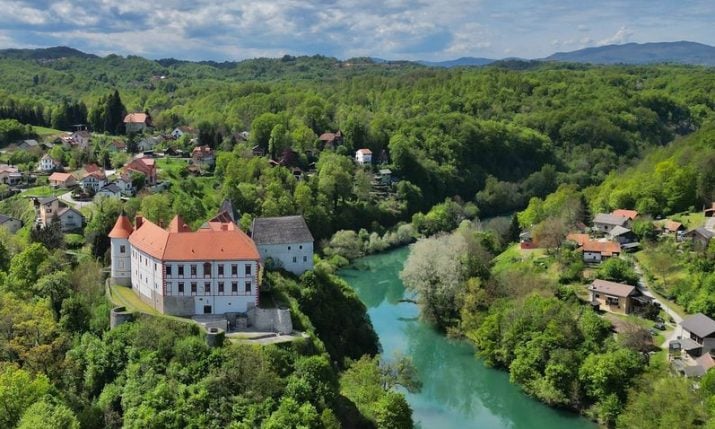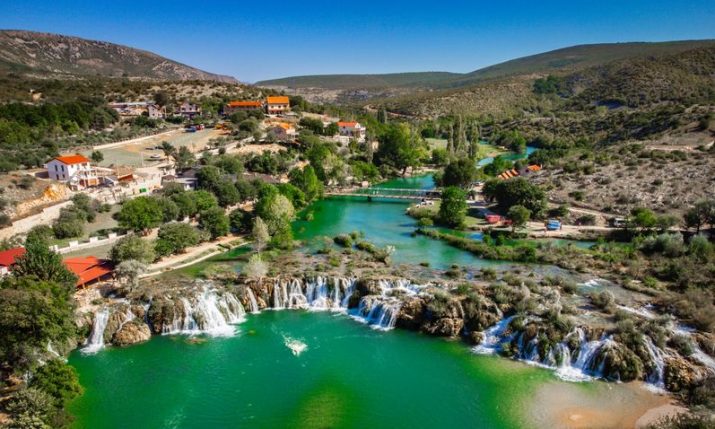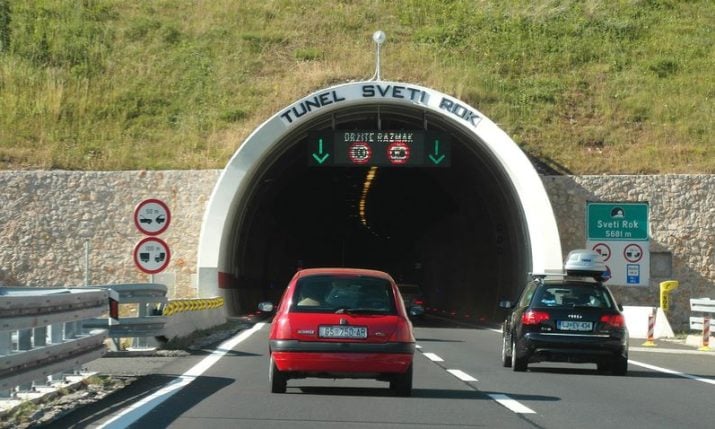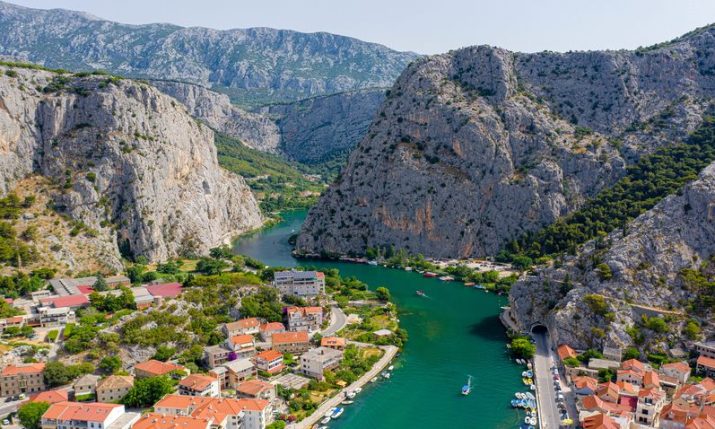Croatia’s GDP drops by around 10% in Q3 2020, analysts say
- by croatiaweek
- in Business
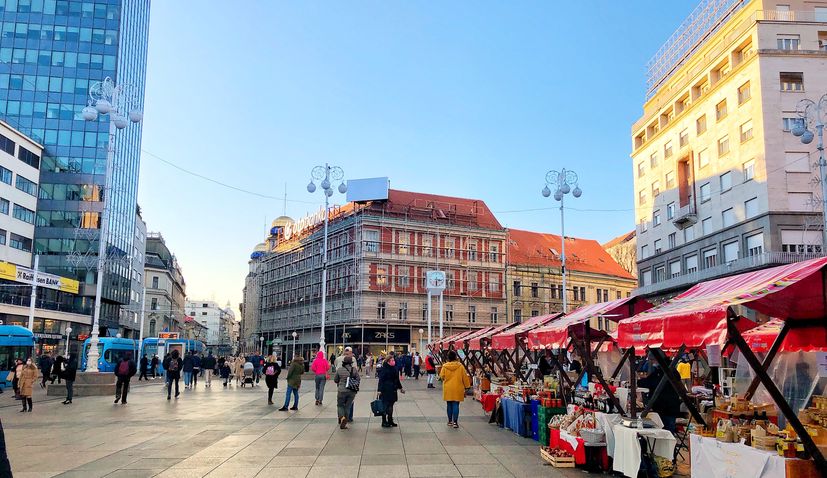
Zagreb
ZAGREB, Nov 22 (Hina) – Despite the fact that Croatia’s economy somewhat recovered from the record decline in the second quarter, thanks to activities after the lockdown, analysts estimate that in the third quarter it also fell at a double-digit rate compared to the previous year.
The national statistical office (DZS) will release at the end of next week the first estimate of gross domestic product (GDP) for Q3, and seven analysts who took part in Hina’s survey expect a drop in GDP of 10.4% on the year.
Their estimates of the decline range from 9.5% to 11%.
Economy in recession
That will be the second quarter in a row that the economy declines on the year, which means it has entered a recession, but the decline will be milder compared to the record 15.1% drop in the previous quarter.
The record decline in Q2 was a consequence of the coronavirus pandemic and restrictive measures aimed at curbing the spread of the virus, which paralysed economic activity from the second half of March to the end of April.
“When the measures were relaxed in June, and especially during the summer months, most activities already started to recover. First high-frequency indicators confirm that Q3 will see growth compared with the period from March to June, but a relatively steep decline in GDP on the year is inevitable,” one of the analysts said.
Personal consumption continues to decline
The decline is mainly due to weak personal consumption, which is the largest component of GDP. Data from the national statistical office show that retail trade turnover fell by 7.6% in Q3 compared to the same period last year.
“That is mainly a consequence of trends in hospitality services, which didn’t manage to compensate for losses caused by the closure of the economy even during the summer months, and tourist spending was markedly lower compared to the previous year,” it was said in the survey.
Even though the summer tourist season was slightly better than expected at the start of the coronavirus crisis, the decline in tourist turnover was sharp.
According to the DZS’s data, there were 6.6 million tourists in commercial accommodation establishments in the first nine months of 2020, which is a drop of about 63% from the same period last year, while the number of tourist nights dropped by 54% to 39.7 million.
The decline in industrial production also had a negative effect on GDP. In the past quarter, production dropped by 1.3% on the year.
That is a consequence of weak domestic demand, as well as foreign demand, as indicated by the decline in exports since the start of the year.
According to the DZS’s data, the value of exports of goods in the first nine months of 2020 totalled about HRK 80 billion, which 4.8% less compared to the same period last year, while imports dropped by 10.1%, to approximately HRK 126 billion.
“High levels of uncertainty and worsening expectations also curbed stronger investment, while government spending is the only GDP component that is mitigating the negative trends on the demand side with its growth,” one of the analysts said in Hina’s survey.
Second wave of corona crisis
Because of the second wave of coronavirus spreading in Croatia and Europe, analysts also expect an economic decline in Q4 compared to the previous year.
It is expected that holiday spending and tourist activity will weaken due to epidemiological measures.
In addition, a further decline in exports and imports is expected, given the new restrictive measures introduced in most European countries due to the second wave of coronavirus, as is a recession in Croatia’s largest trading partners, Italy and Germany.
Deep, but brief recession?
Because of all this, a record decline in the economy is expected in the entire 2020.
According to Hina’s survey, seven analysts on average estimate that in the entire 2020 the economy could decline by 9.2%. Their estimates of the decline range from 8% to 10%.
The estimates of the decline have slightly decreased since three months ago analysts on average expected a drop of 10.5%.
According to one analyst, some of the reasons for that include a somewhat salvaged main tourist season, the resilience of construction (more) and industry (less) to negative trends, the reduced gap in trade in goods (goods exports more resilient than imports), and, finally, the government’s fiscal impulse through wage subsidies and maintaining household income levels, as well as the moratorium on loan repayment.
Despite being mitigated, this year’s economic downturn could be greater than during the 2009 financial crisis, when the GDP dropped by a record 7.4%.
The government itself expects a greater drop in the economy than in 2009, so it estimates that the GDP will decline by 8%.
The Croatian National Bank also expects a drop of about 8%, while the European Commission estimates that Croatia’s economy will decline by 9.6% this year.
While the drop in GDP in 2020 will likely be deeper than during the global financial crisis, it is expected that this recession will be shorter. Then, the recession lasted for six years, while this time the economy is expected to grow as soon as next year.



